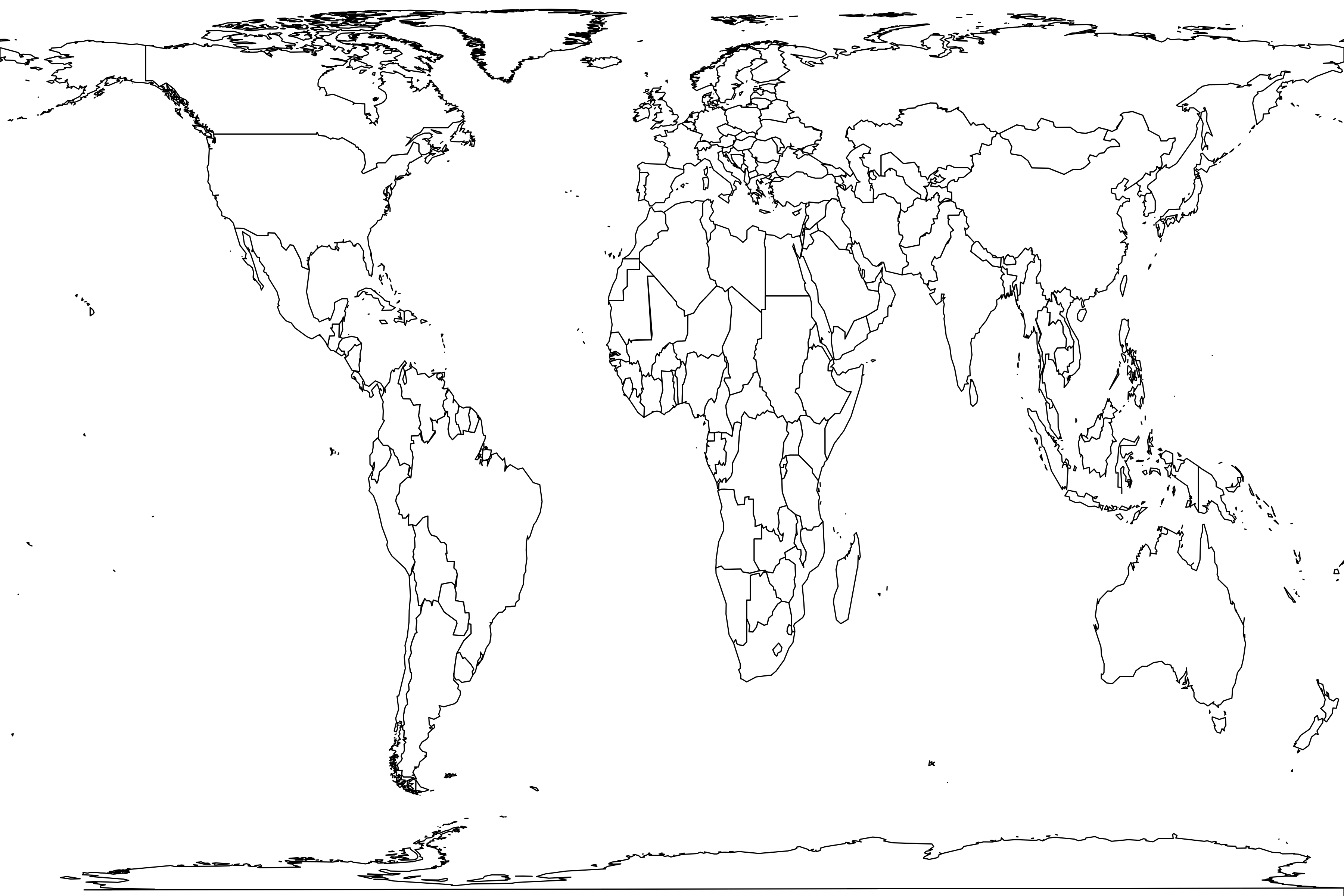Puerto de la Cadena
Basic information
Sample name: Puerto de la Cadena
Reference: P. Piñero, J. Agustí, O. Oms, I. Fierro, P. Montoya, S. Mansino, F. Ruiz-Sánchez, D. M. Alba, M. T. Alberdi, H.-A. Blain, C. Laplana, J. Van der Made, A. V. Mazo, J. Morales, X. Murelaga, A. Pérez-García, F. Pérez-Valera, J. A. Pérez-Valera, P. Sevilla, J. M. Soria, and G. Romero. 2017. Early Pliocene continental vertebrate Fauna at Puerto de la Cadena (SE Spain) and its bearing on the marine-continental correlation of the Late Neogene of Eastern Betics. Palaeogeography, Palaeoclimatology, Palaeoecology 479:102-114 [ER 4019]
Geography
Country: Spain
Coordinate: 38° 55' 9" N, 1° 10' 41" W
Latlng basis: stated in text
Time interval: Early Pliocene
Zone: MN14
Max Ma: 4.997
Min Ma: 4.896
Age basis: paleomag
Geography comments: "8 km SSW of the town of Murcia, and 2.5 km south of El Palmar, on the northern flank of the Carrascoy range mountain"
"correlated with the reverse polarity chron C3n.3r (5.0-4.9 Ma)" and assigned to MN14
this is specifically 4.997 to 4.896 according to Ogg (2020)
based on microfossils, "the underlying erosive surface corresponds to the end-Messinian discontinuity", implying that the reversed section including the fossils is from C3n.3r
"correlated with the reverse polarity chron C3n.3r (5.0-4.9 Ma)" and assigned to MN14
this is specifically 4.997 to 4.896 according to Ogg (2020)
based on microfossils, "the underlying erosive surface corresponds to the end-Messinian discontinuity", implying that the reversed section including the fossils is from C3n.3r
Environment
Lithology: sandstone
Taphonomic context: fluvial deposit
Habitat comments: the site's lithology is "a sand and lutite alternating succession" and the sands are mainly "sets of trough and planar cross-stratification... The macrovertebrate fossil remains are mainly located in the conglomeratic layers of the sands or in the basal lag of the sedimentary sets"
the environment is interpreted as "channels through which dunes and megaripples migrate"
the environment is interpreted as "channels through which dunes and megaripples migrate"
Methods
Life forms: carnivores, primates, rodents, ungulates, other small mammals, other reptiles, snakes
Excluded forms: turtles
Sampling methods: quarry
Sample size: 195 specimens
Years: 2008 - 2011
Net or trap nights: 0
Basal area status: not applicable
Sampling comments: "This site was discovered in 2008 as a result of the construction of the MU-31 motorway... Systematic excavations were carried out at the Puerto de la Cadena site in 2009, 2010 and 2011... Large amounts of sediment were also screen-washed using superimposed 4.0, 1.0 and 0.5 mm mesh screens"
the material is in the Museo Arqueológico de Murcia
at least four species of turtles are also present, but specimen counts are unclear
the material is in the Museo Arqueológico de Murcia
at least four species of turtles are also present, but specimen counts are unclear
Metadata
Sample no: 4436
Contributor no: John Alroy
Enterer: John Alroy
Created: 2024-11-07 08:12:51
Modified: 2024-11-07 08:12:51
Abundance distribution
Each square represents a species. Square sizes are proportional to counts. Values are logged.
Statistics
23 species
3 singletons
total count 195
geometric series index: 36.9
Fisher's α: 6.778
geometric series k: 0.8111
Hurlbert's PIE: 0.7105
Shannon's H: 2.0162
Good's u: 0.9848
Register
| †Stephanomys cf. dubari | 4 | |
| †Paraethomys cf. meini | 3 | |
| Debruijnimys sp. | 2 | |
| †Apocricetus cf. barrierei | 1 | |
| †Ruscinomys lasallei | 6 | |
| †Trischizolagus maritsae | 100 | |
| "nearly 100" specimens | ||
| †Prolagus cf. michauxi | 3 | |
| minimum count: "a few" | ||
| Macaca sp. | 2 | |
| †Eucyon monticinensis | 5 | |
| †Anancus arvernensis | 2 | |
| Hipparion fissurae = †Plesiohipparion aff. fissurae (horse) | 26 | |
| Dihoplus sp. | 3 | |
| D. schleiermacheri or D. megarhinus: minimum count | ||
| Cervidae indet. | 1 | |
| †Sivatherium cf. hendeyi (sivathere) | 4 | |
| minimum count: a metacarpal and "some" teeth | ||
| Bovidae indet. 1 | 1 | |
| †Gazella aff. baturra (gazelle) | 5 | |
| minimum count: "numerous" specimens including "postcranial remains, dentition, a cranial fragment, and a horn core" | ||
| †Gazella aff. lydekkeri (gazelle) | 4 | |
| Bovidae indet. 2 | 4 | |
| minimum count: "dental material" and "metapodial fragments and a second phalanx" | ||
| Bovidae indet. 3 | 2 | |
| Parabos sp. | 6 | |
| minimum count: maxilla, mandible, M2, P3, and "postcranial bones" | ||
| Crocodylia indet. | 5 | |
| minimum count: two teeth and "a few fragments of osteoderms" | ||
| Malpolon sp. | 3 | |
| "Malpolon gr. monspessulanus-mlynarski" | ||
| Vipera sp. | 3 | |


